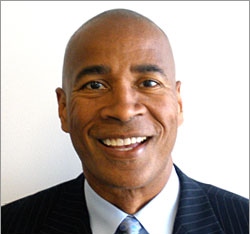Podcast: Play in new window | Download
Subscribe: RSS
Thank you, Patricia Eltinge for being my guest today, on the Born To Talk Radio Show Podcast. Our conversation centered around your book,
“The Dream Class…Know Your Dreams, Know Yourself.”
Patricia’s book is packed with easy to understand useful resources. Here are some examples:
What is a Dream?
According to Patricia, “Dreams act as bridges between the lower and upper worlds, between the unconscious and conscious mind. A dream is generally a crystallization of our unconscious mind working with experiences, images, and impressions from our daily lives.” “They are a barometer of where you are.”
Types of Dreams.
As an example, Daily-life dreams. Dreams about the past. Prophetic or predictive dreams. Trauma dreams. Lucid dreams. Patricia said, that all dreams wish us well. What about Daydreams, do they count? Yes, and you will learn more about all of these types of dreams in our show.
Terms.
Including in the Dream Class book are many terms to help us understand our dreams. It’s important to understand the difference between consciousness and unconsciousness when dreaming. Consciousness is a state in which one is aware of the processes and the elements of the mind and body, as well as external circumstances. Unconsciousness is the part of the mind of which one is not fully aware but which influences one’s feelings and actions, often used interchangeably with subconscious. You will hear about the limen state. The threshold of consciousness between sleeping and waking, lasting 3-4 minutes. Why is this important to know?
Symbols of our dreams are images broken into 3 categories. From the lowest level, things, next, nature and the highest level, people.
The Takeaway.
The Dream Class is chock full of great information. Here is the takeaway that Patricia recommends if you want to remember your dreams:
- Set your intentions to remember your dream before you go to sleep.
- Keep a pen and pad of paper, or recorder next to the bed. Write or record what you saw in just a few words.
- Keep your eyes closed for 3-4 minutes after you wake up.
Build on this practice. Over time, you will begin to remember your dreams.
To learn more about what Patricia has to offer, you can visit her website.
In closing: According to the Talmud:
“A dream not interpreted is like a letter not read.”





